![]() - Identifying training and fostering as an important step in personnel work, in recent years, Party committees and authorities at all levels in the province have always paid attention to this work. Thereby contributing to improving the qualifications of cadres, civil servants and public employees (CBCCVC), meeting the needs and tasks in the new situation.
- Identifying training and fostering as an important step in personnel work, in recent years, Party committees and authorities at all levels in the province have always paid attention to this work. Thereby contributing to improving the qualifications of cadres, civil servants and public employees (CBCCVC), meeting the needs and tasks in the new situation.
Entering the 2020 - 2025 term, training and fostering work has received close attention and direction from Party committees at all levels from the province to the grassroots. Accordingly, Party committees at all levels have synchronously, drastically and strongly deployed solutions to effectively and qualitatively implement training and fostering work for civil servants and public employees in the area.
Strengthen training and development
From 2021 to now, the whole province has sent 178,695 civil servants and public employees for training and fostering domestically; 37 civil servants and public employees abroad. Thus, in the past 3 years, on average, 59,565 civil servants and public employees have participated in training and fostering courses each year, an increase of 16,608 compared to the average year in the period 2016 - 2020. This figure shows that the number of civil servants and public employees receiving training and fostering has increased sharply compared to before 2021. Regarding the content of training and fostering, in addition to participating in courses to improve professional qualifications, civil servants and public employees also participate in political theory training courses, participate in knowledge, professional skills and skills training courses related to assigned tasks.

The above results were achieved because from the beginning of the term, Party committees from the province to the grassroots level have focused on training and fostering civil servants. In particular, the Standing Committee of the Provincial Party Committee issued Directive No. 04-CT/TU dated April 29, 2021 on improving the quality of training and fostering civil servants in the province for the period 2021 - 2025; Plan No. 08-KH/TU dated January 13, 2021 on training and fostering civil servants in Lang Son province for the period 2021 - 2025. Implementing Directive 04 and Plan No. 08, Party committees at all levels have specified in documents and plans to improve the quality of training and fostering civil servants, stating that heads of agencies and units must strictly comply with the directives and documents on implementing this work.
Accordingly, every year, Party committees from the provincial to district levels are always proactive in coordinating with training institutions to open training and fostering classes, meeting the needs of this work for the staff in the area. As in district Party committees, city Party committees, and affiliated Party committees, awareness of the importance of training and fostering work is increasingly raised. In recent times, district Party committees, city Party committees, and affiliated Party committees have proactively arranged funding for training and fostering staff in agencies and units.
Through practical research, it is known that in addition to opening elementary and intermediate political theory classes according to plan, some districts also proactively finance and mobilize funds from socialized sources to open unplanned training classes.
Ms. Ly Thi Thuy, Head of the Organizing Committee of Loc Binh District Party Committee, said: The training and fostering of civil servants in the district is focused on both quantity and quality. Many civil servants have proactively registered to attend training classes outside of the plan and outside of working hours to improve their professional qualifications and political theory. In recent years, the targets for training and fostering have basically met and exceeded the set plan. From 2021 to present, the whole district has sent 253 people to attend advanced, intermediate and elementary political theory classes; at the same time, the district has organized 68/61 training classes with 5,476/5,250 students, reaching 111.5% in terms of the number of classes and 104.3% in terms of the number of students compared to the set plan.
Similar to Loc Binh, in other district, city and affiliated party committees, the targets for training and fostering cadres have basically increased. Training and fostering work has always been closely monitored and closely linked to cadre planning, focusing on training according to job titles and positions. In practice, after training and fostering, cadres' qualifications and capacity have been improved, basically meeting the requirements for performing tasks at agencies and units.
Innovation in program content and teaching methods
With the attention and close direction of Party committees at all levels, Hoang Van Thu Political School and political centers in the area have proactively developed plans and implemented synchronous and diverse solutions to improve the quality of training and fostering of civil servants. In order to improve the quality of training and fostering of civil servants, every year, Hoang Van Thu Political School and district-level political centers innovate the organization of activities and improve management and teaching capacity; apply information technology and digital transformation in training and fostering; diversify training and fostering forms; develop scientific research topics... From 2021 to present, the school has implemented 17 scientific research topics, including topics that contribute to improving the quality of training and fostering. A typical example is the provincial-level scientific research topic with the theme: "Application of digital transformation to improve the quality of training and fostering of grassroots leaders and managers in Lang Son province" and the accompanying product of the topic is the software for managing the quality of training and fostering grassroots leaders and managers in Lang Son province... At the same time, currently, 100% of the lectures of lecturers apply information technology to teaching, thereby improving the quality of teaching and learning.
At the same time, the political centers of districts and cities have also proactively innovated teaching and learning methods in the training and fostering process; implemented active teaching methods, promoting the proactive role of learners in solving problems and situations arising from practice.
Ms. Hoang Thi Hien, Deputy Director of Cao Loc District Political Center, said: We regularly guide the teaching staff to compile and promptly adjust the content and curriculum of lectures according to the Central's instructions, linking theory with practice, closely following the resolutions of Party congresses at all levels... Especially now, for political theory training classes for new Party members or Party awareness training, the Center organizes for students to go on field trips to red addresses, the Provincial Museum or visit typical models in socio-economic development inside and outside the district. Through this, students can promptly grasp accurate and current information and have practical knowledge to apply to their work.
Mr. Luu Duc Nam, Secretary of the Youth Union of Na Sam town, Van Lang district, said: In April 2023, I completed the intermediate political theory course. The course provided basic knowledge of Marxism-Leninism and Ho Chi Minh thought, while contributing to improving leadership and management skills in Party building, government, Vietnam Fatherland Front, and political and social organizations. Since then, I have applied it to practical work and strived to complete assigned tasks well.
The focus on training and fostering has contributed to improving the quality of the staff in the province. Currently, the total number of civil servants in administrative agencies in the province is 1,904 people, of which civil servants with university degrees or higher account for 98.2%, and those with elementary political theory degrees or higher account for 99.7%. The total number of civil servants in state administrative agencies is 20,992 people, of which the number of civil servants with intermediate degrees or higher accounts for 99.6%, and those with elementary political theory degrees or higher account for 22.8%. The number of cadres at all levels meeting professional and political theory standards is over 99%. These rates have all increased compared to 2020.
Ms. Duong Hoang Lien Huong, Deputy Head of the Provincial Party Committee's Organization Board, affirmed: The cadres at all levels sent for training and development have shown a serious attitude towards learning, committed to completing their learning tasks, strictly following the learning rules and regulations, promoting the spirit of self-study and self-research. Training and development work has been linked to the planning of cadres and job positions, prioritizing the training and development of young cadres, female cadres, cadres from ethnic minorities with capacity and development potential... contributing to improving the leadership, management and operation capacity of Party committees, authorities, and sectors from the province to the grassroots level, gradually developing a team to meet the requirements of cadre work and political tasks of agencies and units in the current period.
Based on the achieved results, in the coming time, the Provincial Party Committee Standing Committee will continue to direct relevant agencies and units to complete and supplement the province's system of mechanisms and policies on training and fostering; innovate and improve the quality of training and fostering facilities, contributing to improving the quality of the staff in the province; build a team of "dedicated and capable" cadres, well meeting the requirements of tasks in the new situation.
From 2021 to present, the whole province has sent 178,695 civil servants and public employees for training and fostering domestically; 37 civil servants and public employees abroad. Thus, in the past 3 years, on average, 59,565 civil servants and public employees have participated in training and fostering courses each year, an increase of 16,608 compared to the average year in the period 2016 - 2020. |
Source
















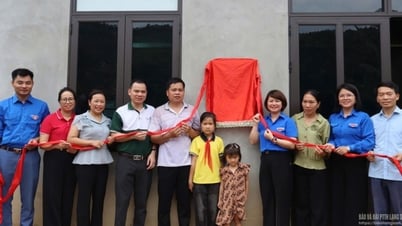












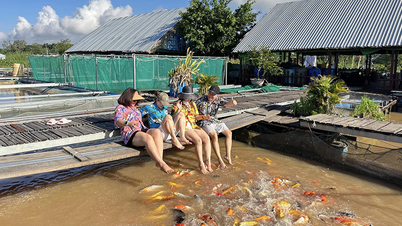















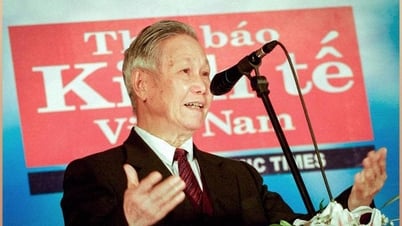

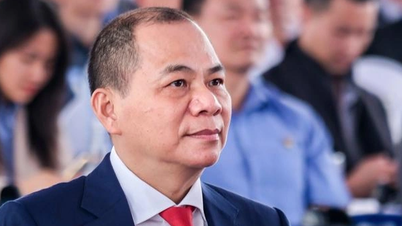

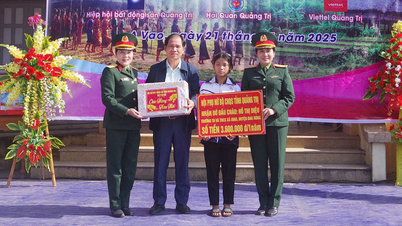









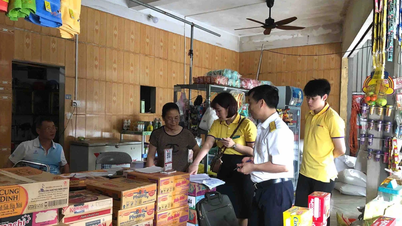


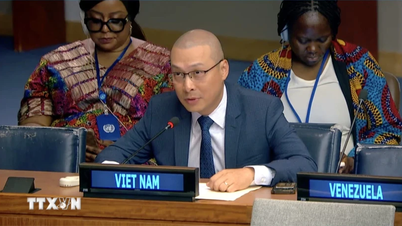




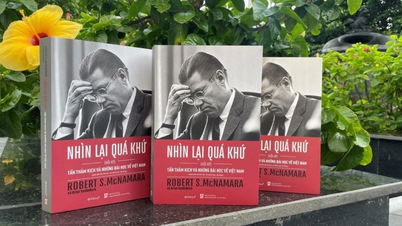








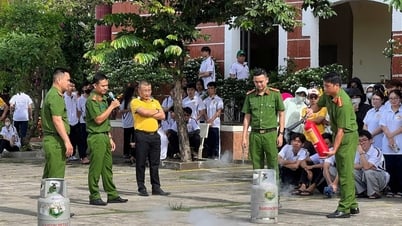



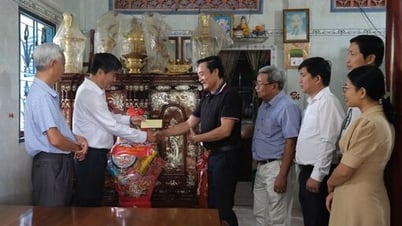
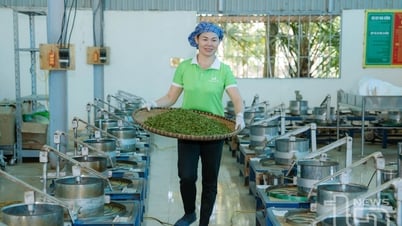

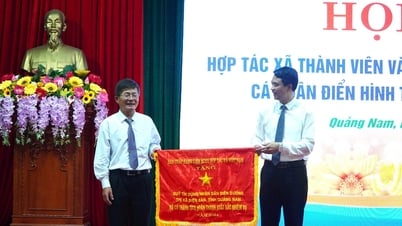















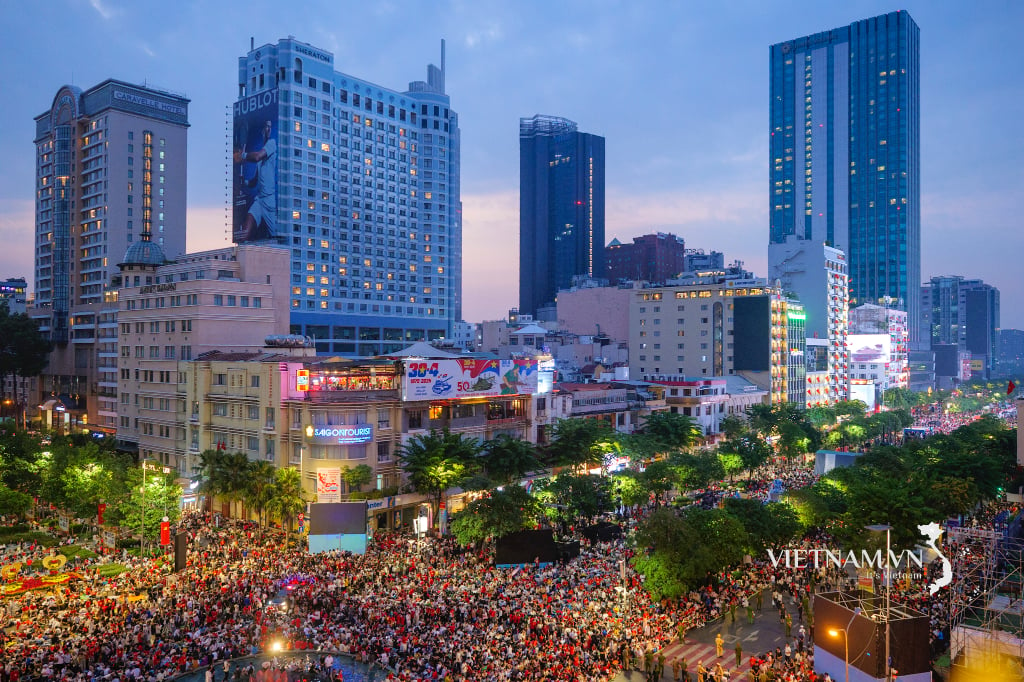
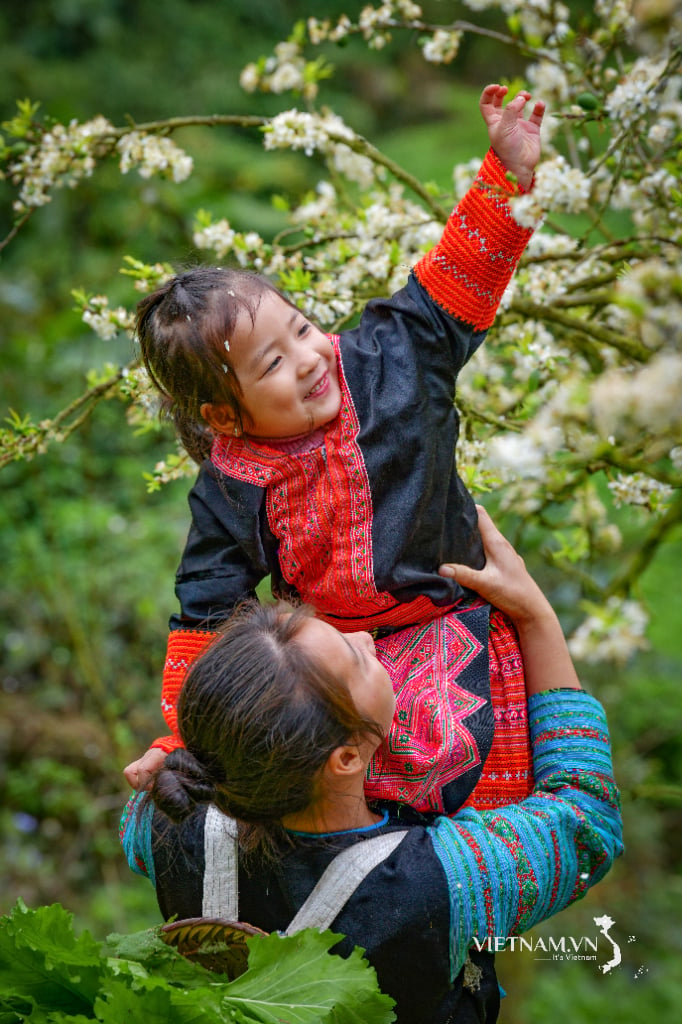
Comment (0)